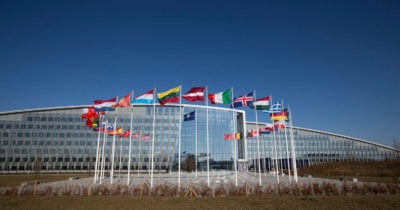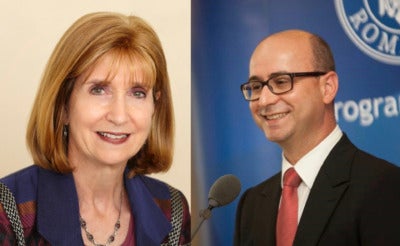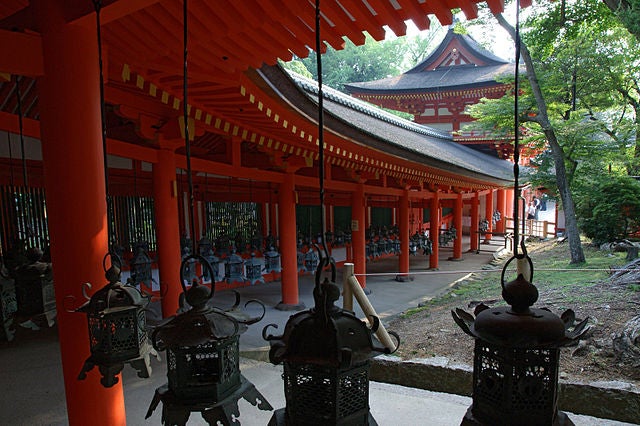2024 Socrates Romania Transatlantic Seminar
On March 18-20, 2024, Aspen Institute Romania will organize the this Socrates Seminar, in partnership with the Aspen Institute Socrates Program, and supported by the Bucharest Office of the German Marshall Fund of the US.
The Seminar will be organized in Brussels, in cooperation with NATO and the European External Action Service, and powered by the Brussels-based AIR Fellows & alumni community.
Over the 3 days of the Seminar, we will explore, in a transatlantic context, how the current wider shifts in the global balance of power and rise of strategic competition are impacting existing approaches in the transatlantic community when it comes to operationalizing societal and democratic resilience.
If you are interested in participating, please contact socrates@aspeninstitute.org.
Redefining the Future European & Global Architectures
in a Multipolar World

We are at a crucial time for European and transatlantic security. Today, the Euro-Atlantic area is no longer at peace, dealing with multiple conflicts and the gravest security crisis since the Second World War. The repercussions of Russia’s war of aggression against Ukraine and the broader rise of authoritarian coercion on a global scale will shape European and Global Architecture for decades to come, increasing the pressure to demonstrate that liberal democracy delivers.
This Transatlantic Socrates Seminar will seek to incentivize debates on optimal ways of pursuing an enhanced Euro-Atlantic resilience agenda, exploring necessary synergies between relevant institutions and societal stakeholders. Taking place in Brussels, a city serving as a focal point of both the European Union (EU) and the North Atlantic Treaty Organization (NATO), the seminar will provide a channel for informal and informed dialogue with key stakeholders on both sides of the Atlantic, in a multi-national environment.
Around 30 participants, influential leaders from the Brussels’ international and diplomatic community, alongside relevant representatives of the diverse communities of the network of international Aspen Institutes, will participate in a moderated high-level conversation, benefitting from high-level guest speakers from NATO and EU.
The 2024 edition of the Seminar will debate the following key themes:
Navigating the New Multipolar Landscape
The world seems to be preparing for more conflict now that the uni-polar moment has ended, and strategic competition continues to rise. Wars are ranging in different parts of the world, including Ukraine, Israel, Gaza, and beyond. Continued crises and conflicts do feel like the ‘new normal’, but we are increasingly more concerned about the potential for new disruptions to emerge or for existing conflicts to expand in scope and scale, including even more regional stakeholders.
How can we effectively engage with a world where power is distributed among multiple actors, each with its interests and agendas?
Consolidating Transatlantic Unity
The bond is still strong and anchored through existing institutions – with NATO and the EU at the forefront. At the same time, the European security architecture is under severe pressure. The growing ties of Russia with China and, most notably lately, Iran and North Korea show a grimmer picture of what is at stake in Europe and beyond.
How can we strengthen the transatlantic bond, and ensure continued cooperation in the face of growing challenges?
Countering Malign Influence and Preserving Democracy
Our rules-based order is under immense pressure. Many regional powers mistrust the global institutions created after 1945, while China and Russia want to subvert the global system. The Transatlantic community looks weakened: the US economy is still pre-eminent, but the Western GDP dropped to nearly 50% share of the global one (for the first time since the 19th century). In 2024, more than 50% of the planet’s population will be called to vote, in more than 70 countries. Many elections could entrench illiberal rulers. Others could reward the corrupt and incompetent. Politics as factors of polarization will cast a pall over global developments, while US elections could impact the future trajectory of transatlantic relations.
How can we protect our democracies from disinformation, interference, and malign influence?
Harnessing the Power of Technology for Good
As new technologies are changing the nature of competition and conflict, we are witnessing permanent disruption amplified by increased interconnectedness and digitalization. Disruptive technologies can bring prosperity, but also generate vulnerabilities, as state and non-state actors seek to manipulate and exploit dependencies. AI gets real, everyone is adopting it, and we are witnessing a race to regulate it and improve it. Computation with advances in biotech, quantum, and human enhancement bring opportunities but also present significant challenges.
How can we best harness digital transformations to support democratic and societal resilience? How can we leverage new technologies to address global challenges, promote economic prosperity, and strengthen democratic institutions?
Redefining Resilience in a Changing World
To preserve our democracy, we need to increase our capacity to withstand shocks and to function effectively in the newly defined system. At stake is to pursue ethical and value-based interests politically, economically and technologically. Increased NATO – EU cooperation could offer better solutions, both to partners and third states. In the economic arena, we might see a shift from traditional growth metrics to a resilience-centered approach, focusing on providing for communities. Geopolitics will continue to influence the competition for supply chains, taking the connectivity game to the next level, and potentially increasing instability. Risks for popular discontent with higher inflation and labor force migration will equally need to be addressed to mitigate risks of instability.
How can we adopt a more comprehensive and dynamic approach towards national and Euro-Atlantic resilience, building societies that are more resilient to economic shocks, climate change, and other emerging threats?

Moderated by Ambassador Paula Dobriansky, Ph.D., Senior Fellow at Harvard University, Kennedy School’s Belfer Center for Science and International Affairs and former Under Secretary of State for Global Affairs, and Radu Puchiu, Co-Founder and CEO, H.appy Cities.

